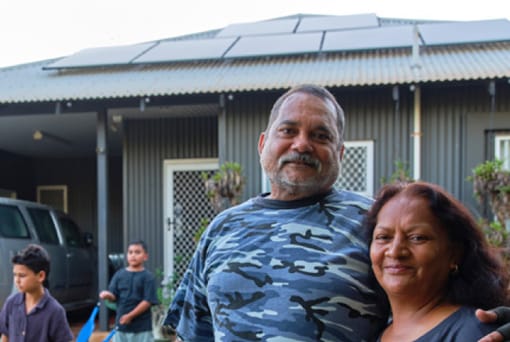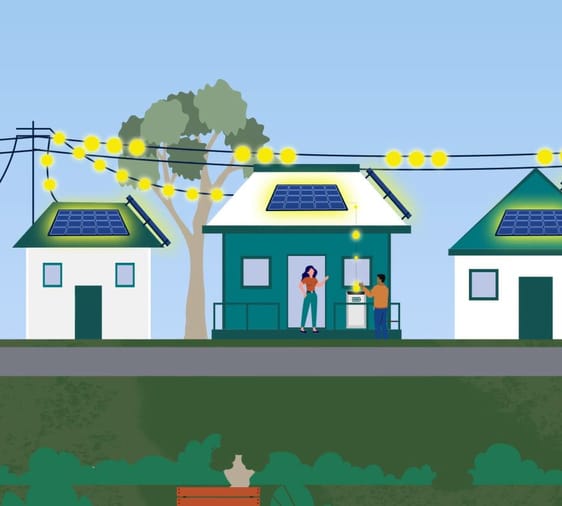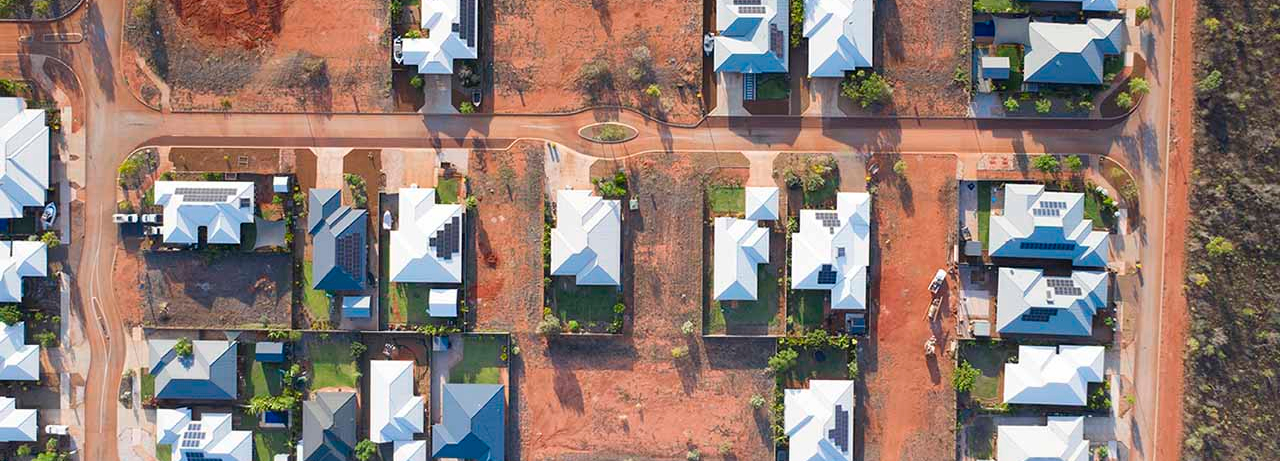We know upfront costs can be a hurdle. Luckily, there are now generous rebates and financing options available:
- WA State & Federal Government Rebates: Up to $7,500 for households.
- 0% Interest Loans: Up to $10,000 for eligible WA households.
- Small Business Support: Federal rebates of up to $18,600.
Check your eligibility and see how these incentives could make a battery more affordable for you.
Do you already receive energy buyback? Adding a battery lets you store more of your solar power and benefit from improved buyback rates through Horizon Power’s Community Wave initiative.
Instead of exporting excess power to the grid during the day, you can store it and use it when the sun goes down – reducing your bill and increasing your savings.


